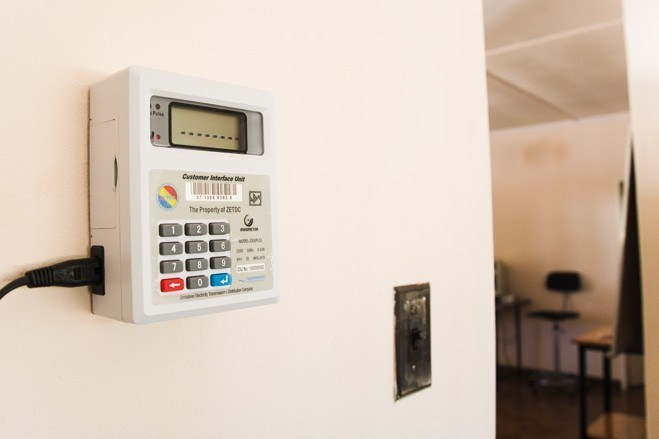Zesa Holdings’ power distribution arm, the Zimbabwe Electricity Distribution Company (ZETDC), must be supported with a meaningful tariff to retain competent staff and buy vehicles to help attend to faults on time.
This was said by Zimbabwe Energy Regulatory Authority (Zera) board chairman Dr David Madzikanda during media engagement meeting in Harare on Friday.
Zesa has started the process of seeking a tariff review and has informed Zera, and is expected to engage the Government too.
“In short, Zesa is incapacitated because of the level of tariff which is sitting at roughly USc7,5 when we are supposed to be upwards of USc10 per unit,” said Dr Madzikanda.
“So you can appreciate when they are incapacitated. What it means is that when there is a fault you can’t be responsive.”
Dr Madzikanda, who worked for Zesa for 17 years, said during his time, they were able to attend to faults even at midnight because the power utility had vehicles and a considerably incentivised labour force.
“But nowadays it (fault) has to wait for a day if you are lucky,” he said.
“It might wait for a week, two weeks or never. Why? It is because they are incapacitated, they don’t have vehicles, they don’t have competent personnel to start off. Zesa doesn’t have the capacity to pay and retain the calibre of staff they require. They also don’t have other materials. I know I am not painting a good picture, but essentially we are driving towards a situation where we should be able to support Zesa with a meaningful tariff to be able to achieve what we are talking about (universal access of electricity).”
Dr Madzikanda said it was better to have a correctly priced tariff compared to a lower tariff which did not encourage investment in new plants and service vehicles because the costs of not having power “are too ghastly to contemplate”.
He said even the drive towards Vision 2030 of an upper middle income economy would be affected without a steady supply of electricity.
Zesa has since adopted a stepped-up tariff where heavy users per month are punished by a higher tariff, while lower power users pay less.
Zera chief executive officer Mr Eddington Mazambani said: “Yes they have written to us requesting a tariff review, but they have to agree with the Ministry (of Energy and Power Development) first.”
Once the Ministry clears Zesa’s request, Zera then engages consumers such as the Government, mining, agricultural, commercial and domestic consumers to get their perspectives and act accordingly.
In the past, consumers rejected requests for a power tariff hike, saying Zesa was top-heavy and even if the tariff was granted, little resources would be channelled towards operations, as more funds were required to fund the alleged huge salaries for staffers and sustain their lavish lifestyles.
Further, some experts claimed that it was critical for Zesa to address power losses during transmission, which were estimated at 16 percent of all the generated electricity as at 2016.
In 2014, the Zera board rejected a tariff review request from Zesa, saying the obtaining tariff level was sufficient to cover ZETDC’s costs.
In addition, the Zera board said ZETDC needed to improve debt collection and enhance its efficiencies in order to cut down on costs.-herald.cl.zw

